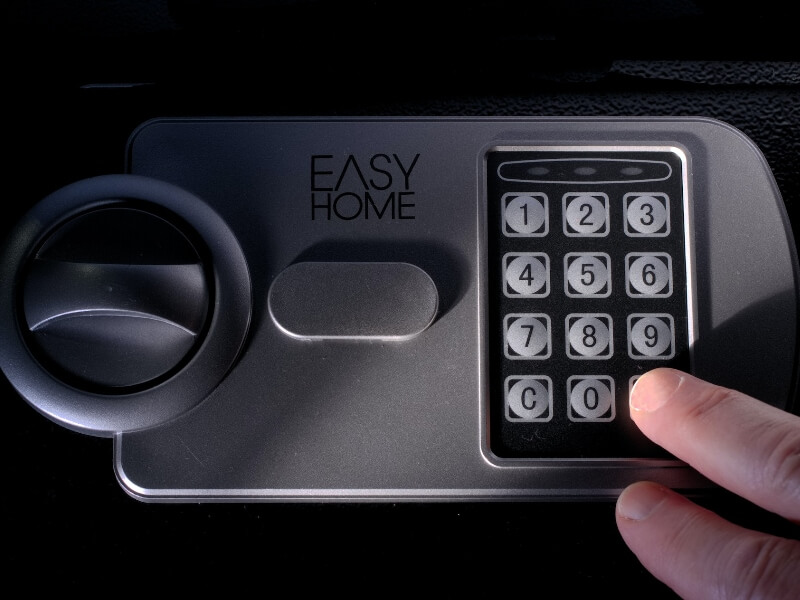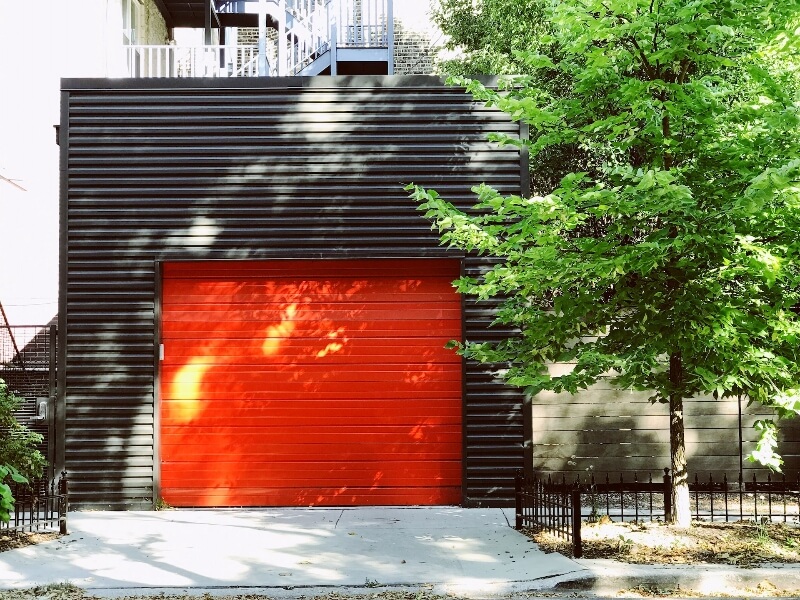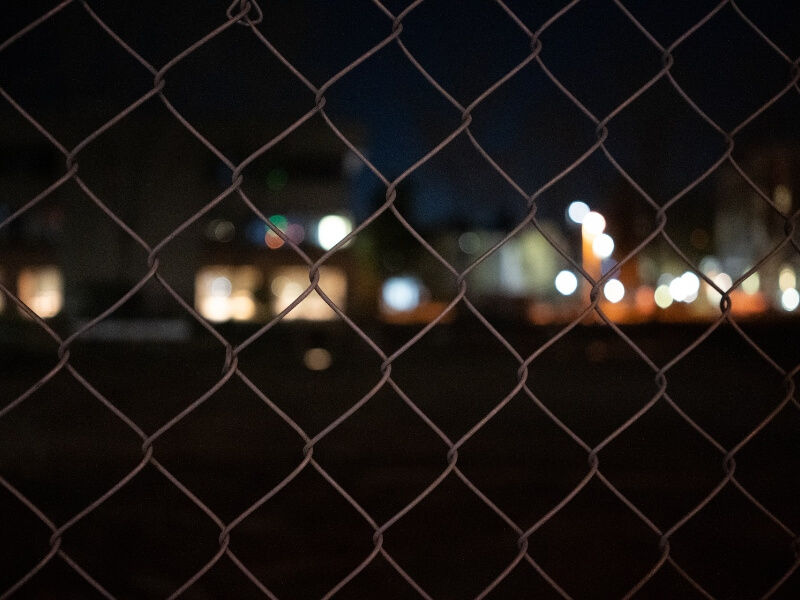Job obligations or family may require moving to a high-crime area, even if it’s not your preferred destination. When you move, you should be mindful of your neighbors and any trouble in the city. How can you stay safe despite the area’s reputation?
Use these seven tips.
1. Research the Neighborhoods
Before you move, you should research as much as possible to know what neighborhoods are safe. Even cities with a high-crime reputation have more livable areas for people to move.
Online resources such as city blogs will provide first-hand knowledge of the town and tell you what boroughs are better than others. Contact local real estate agents because their professional knowledge should include safety.
You could also put boots on the ground and visit the neighborhoods before moving. Walk around the streets, visit the stores and talk with the locals. These people will give the best insight into what places to go and what areas you should avoid.

2. Install a Security System
Regardless of the area, installing a security system should be one of the first things you do. Cameras are an excellent first step since they’ll capture footage of anything happening around your home. Strive for a smart security system because you can connect to the live camera feed at home or on the road.
Ensure your security system comes with an alarm — this feature is one of the best ways to deter thieves. Loud sounds bring attention to your home when they try to gain unauthorized access, so an alarm should be a priority. Additionally, put security signs and stickers in the yard, on the door, and around the house. While they may seem small, they’re enough to deter some thieves from break-ins.
3. Lock It Up

Thieves in high-crime areas will try nearly anything and some won’t feel deterred by a security system. If they invade your home, ensure your valuables are locked up and out of sight. Safes are popular among survivalists because they’re strong, typically using reinforced steel and other impenetrable materials. Plus, using one can even bring discounts on home insurance with some providers.
Locking up your valuables is even more crucial with your firearms. Store your handguns and long rifles in an easily accessible location. When you’re in a pinch, they might be inaccessible, so you’ll have to improvise with objects around you. For example, brooms and chairs are medium-range weapons against thieves when firearms are not an option.
4. Utilize Outdoor Lighting
Another way to stay safe is to utilize outdoor lighting as much as possible. If the street you plan to live on has minimal or zero lights, you’ll have to improvise with your own. Motion detection devices are ideal for high-crime areas because they provide an unexpected burst of light — thieves prefer to work in the dark, so a spotlight will make them scatter like roaches.
When searching for outdoor lighting, you’ll get the most bang for your buck with LED devices. These fixtures use 75% less energy and last 25 times longer than your typical incandescent bulb. Combining motion detection technology and LED lighting minimizes energy usage while keeping you safe in less-than-ideal neighborhoods.
5. Secure Your Garage Door

Living in a high-crime area means you should emphasize safeguarding each entry point because these spots are where your home will be the most vulnerable. For example, your garage could be a target for thieves because they’re typically less secure than a door. People accidentally leave the door open sometimes or have them detached from the house, creating an easier time for intruders.
There are a few ways to ensure your garage door is secure and has minimal risk. Consider getting a deadbolt lock. You must have a key to unlock the deadbolt, making it hard for thieves to break through. Another solid option is a wireless garage door, which offers remote controls. The system notifies your phone when the garage door opens, prompting you to act immediately.
Besides innovative technology, you’ll need proper maintenance over time to ensure strength and protection. Worn garage doors lead to security issues if ignored — a chance you can’t take in a high-crime area. Pay attention to torsion springs and other mechanisms to fix your liabilities immediately.
6. Remember Strength in Numbers
If you’re worried about your new area’s crime rate, there’s a good chance your neighbors are also concerned. Strength comes in numbers, so talk to nearby residents about forming a neighborhood watch group. These committees may have designated social media pages or hotlines to report suspicious activity. When a neighborhood watch is active, criminals are less likely to attack.
Use the strength-in-numbers notion when traveling. Bring a companion to walk or drive when running errands, and don’t walk alone. Solo pedestrians are more vulnerable because they have much less power than a group of two or more. Walking alone is less common nowadays, with research showing about 40% of people are afraid to do so at night.

7. Don’t Make Mistakes
Walking alone is just one mistake you can make to compromise your safety. Here are some other things to avoid in the city:
– Wearing jewelry
– Traveling under the influence of drugs or alcohol
– Walking down poorly lit streets
– Leaving car or home doors unlocked
– Carrying a cell phone with a low battery level
Staying Safe in Unsafe Circumstances
While moving to a high-crime area might not be ideal, you can take matters into your own hands. Use these seven tips to minimize risk and keep you and your family safe. You’ll better understand how to protect yourself the longer you live in the city and understand its dynamics.
=====
Become a Survival Dispatch Insider …
We bring together survival enthusiasts and preppers to share skills and knowledge, so you can enhance your preparedness for emergencies and ensure the safety of you and your community.
The Results You’ll Get …
Our community, courses, and memberships are pretty special. We’re focused on the ways it will make a huge difference in your life.
Here are a few of the things you’ll be able to do as a member of Survival Dispatch Insider …
1) Improve your emergency preparedness by learning survival skills and strategies from experienced preppers.
2) Build lasting connections with like-minded individuals that share your passion for safety and readiness.
3) Access a wealth of knowledge and resources to assist in protecting you and your community during unexpected situations.
Click HERE to get started.
=====
